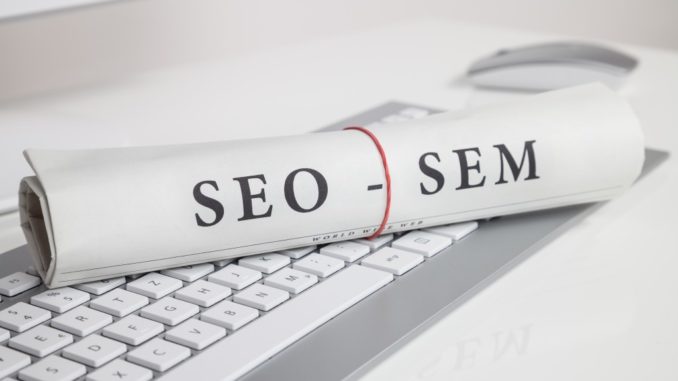
Are you one of those businesses forced to bring your brand online because of the coronavirus? Although Internet and offline marketing strategies share similar principles, they still have notable differences. Navigating the former can be both confusing and overwhelming for beginners.
You can shorten the learning curve with these FAQs:
1. What Are the Most Common Online Marketing Strategies?
Online marketing covers a lot of specific strategies:
- Paid marketing – It is usually paid placement, such as Google and Facebook ads, and you typically pay per click or impression. The cost also depends on the keyword used. The more popular it is, the costlier if often gets.
- Local marketing – It is a geographic-driven marketing effort to make your online marketing more cost-effective and targeted. If this is your primary strategy, choose a team familiar with your preferred location and market. For example, if you want to capture California customers, look for a digital marketing agency in Newport.
- Search engine optimization (SEO) – It is enhancing the website so that it appears on the top result of search engines such as Google according to a query or a search term.
- Social media marketing – It is using social media, such as Facebook and Instagram, to build a brand, drive traffic, and convert leads to customers.
2. How Much Does Digital Marketing Cost?
This one varies widely for many reasons. One, agencies these days can already provide preset packages or personalized plans. It allows them to work according to the budget of the client. It also depends on whether you want a one-time work or plan to retain the team’s services, which is more ideal.
Usually, digital spending costs can range from $2,000 to over $20,000. Overall, though, businesses are paying more for online marketing efforts than traditional ones.
For example, according to eMarketer, ad spending for 2020 could grow to $332 million. By 2024, it could have reached over $500 million. Although the growth rate declined from 2019 to 2020, it could be because of the pandemic that compelled businesses to implement austere measures. However, from 2021 to 2024, it will slowly recover.
Further, other types of research suggest that for this year most firms are allocating nearly 50% of their marketing budget to digital efforts. Taking most of the share is search engine marketing.
3. Should You Build a Team or Outsource the Services?

Each has its pros and cons, although the best digital marketing agencies these days can already have the same characteristics as an in-house team:
- You still retain much of the control of the marketing efforts. Your decision is the final word.
- Communication is fast. Some already have 24/7 customer support or can reply within 24 hours. They also send up-to-date reports regularly or give you access to information all the time.
- You get a team with different skill sets. Some can be great with web design, while others are knowledgeable in paid advertising, SEO, or social media. The upside is you need not spend on their training or tools.
4. How Soon Can You See Results?
Some people say you need six months to see the results of your marketing efforts. In reality, it depends on many factors. These include the strategies used, objectives, and the effectiveness of the marketing techniques.
Rather than focusing on the timeline, it might be a better idea to:
- Track your progress and adjust your marketing strategies accordingly. It will improve your chances of succeeding.
- Combine paid and organic marketing since ad spending produces faster results.
Digital marketing can be intimidating, but with the help of the right agency, it is easier to understand and feel its benefits to your business.
